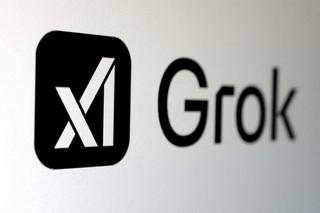Alex Omenye
President Biden took action on Wednesday by signing a law aimed at prohibiting Chinese-owned TikTok unless it undergoes a sale within a year.
This move represents the most significant threat yet to the future of the video-streaming app in the United States, escalating tensions in America’s tech conflict with China.
However, immediate disruptions to TikTok are not anticipated, as potential legal challenges and obstacles to selling the app are likely to cause considerable delays over the coming months.
The provision was discreetly included in a bill offering foreign aid to Israel, Ukraine, and Taiwan, mandating that ByteDance divest its stake in TikTok within 12 months under the risk of closure.
This development reflects Washington’s prolonged scrutiny of TikTok. ByteDance, a Chinese tech giant, acquired the popular karaoke app Musical.ly in 2017 and rebranded it as TikTok.
Since then, concerns about potential influence by the Chinese government have put TikTok under the microscope of national security officials in Washington.
Despite these concerns, TikTok has experienced explosive growth, emerging as a leading platform for short-form video content and boasting a user base of 170 million Americans, roughly half of the nation’s population. According to the Pew Research Center, one-third of young people rely on TikTok for news.
Lawmakers and the Biden administration contend that as long as TikTok remains under Chinese ownership, it remains subject to the directives of China’s authoritarian regime. Democratic Sen. Maria Cantwell, chair of the Senate Commerce Committee, emphasized that Congress aims to safeguard against foreign adversaries conducting espionage and other malicious activities that could harm Americans and U.S. government personnel.
In response to the law, TikTok CEO Shou Zi Chew expressed confidence in the platform’s legal stance and reassured users that they should not expect any issues with the app in the interim.
However, if TikTok fails to comply with the divestment requirement within a year, the law would render it illegal for web-hosting services to support the app, and Google and Apple would be compelled to remove TikTok from their app stores, ultimately rendering the app unusable.
This legislation marks a significant milestone, as it represents the first time the U.S. has enacted a law that could lead to the ban of a social media platform.
However, this move has sparked condemnation from civil liberties groups and Constitutional scholars, who argue that it infringes on free speech rights and sets a dangerous precedent.










